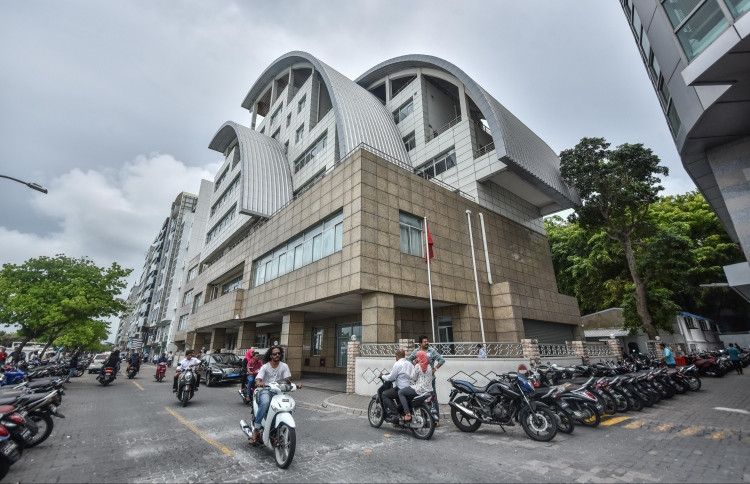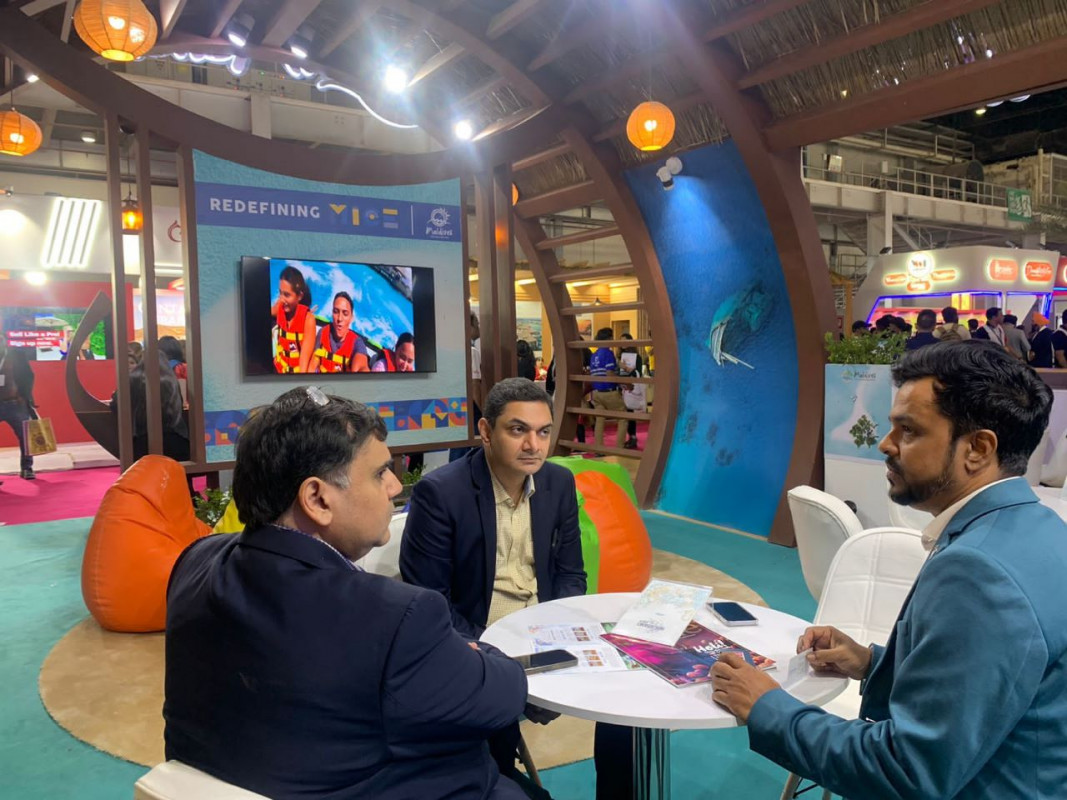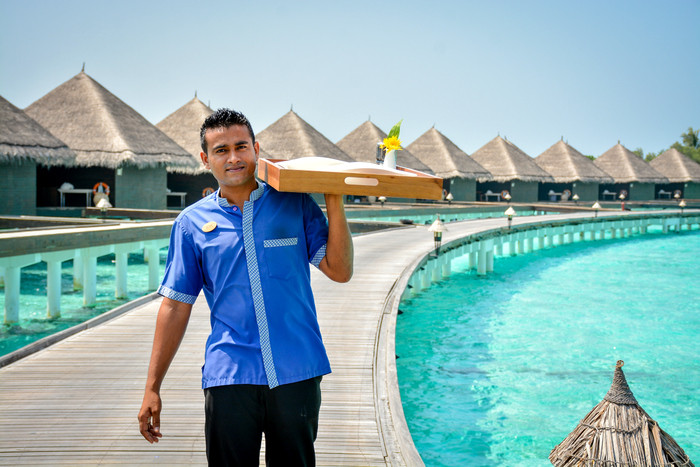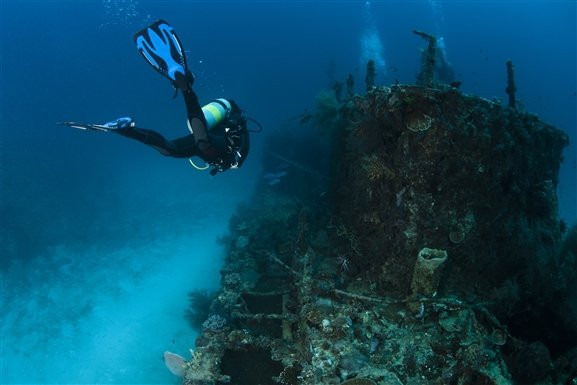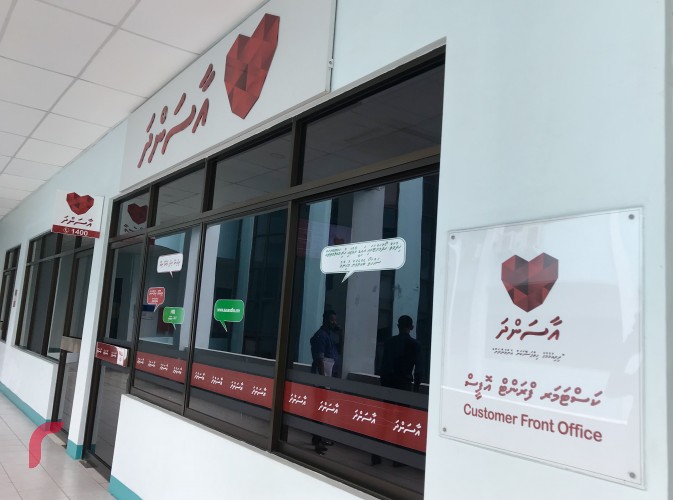A reason for pet owners in Maldives to rejoice, finally!
The country opened its first-ever veterinary center on Thursday


Three kittens
Pet owners and animal lovers in Maldives can rejoice, as the country opened its first-ever veterinary center on Thursday.
The veterinary services were launched after years of public pleas from pet owners.
The fisheries ministry had provided ‘mobile’ veterinary services for years. However, the care given through this arrangement was inadequete.
So calls for a facility or even an office that would provide veterinary services persisted. People demanded a means to take better care of their animal companions.
At one point in 2016, it seemed like the calls were answered as then government announced plans to open a veterinary clinic. However, despite opening bids numerous times, former President Abdulla Yameen’s administration had failed to give priority to the matter.
The new government announced the decision to open one just a little over a month after assuming office on November 17, and the center has been opened less than a month since.
Various services will be provided at the center located in Villimalé, considered the fifth district of capital Malé City; including general consultation, vaccination, neutering, microchipping, emergency services and other ‘minor surgeries.’
It is not just pet owners that will seek services from the center. All animal lovers would, if they see an animal suffering. Because let’s face it, not everyone will have the capability to own a pet especially in such a place like Malé, where so many people lived cramped together.
‘Mad’ about cats
Increased number of dead cats have been found on the roads of the capital. Photo: Facebook
While the Maldives pet owners’ community continues to increase, it is safe to say that the most popular pet in the country is cats.
They are also probably the ‘wildest’ animals that one will come across in any part of the country, not counting the ones living in the ocean of course.
Despite the country having a number of stray cats, people in the olden days preferred to ‘bring in’ cats from abroad for companionship. However, a number of Maldivians have since embraced the “adopt, not shop a pet” phenomenon.
Facebook pages such as ‘Maldives Cat Rescue’ promote this, and encourage people to take in cats from the streets and give them “forever homes.”
So, its no surprise that the recent string of brutal cat killings led to public outrage.
READ MORE: Police to only investigate cat killing in Malé if reported
For the past week, social media has been filled with photos of dead cats- killed brutally in the capital, for just existing.
It is not realistic to expect everyone to see the beauty in these creatures, and it is true that they will inconvenience some by doing things like leaving their fecal matter on the streets. But cats will only do this if they have no other option; did you know that hiding their waste, essentially cleaning after themselves, is a natural feline instinct?
So, while we may all not be on the same page regarding how amazing cats are, we can all agree that killing innocent and helpless creatures is inhumane.
Police are now investigating the case, after a petition was filed at their headquarters on Wednesday night, and say the case is being treated as a serious matter.
READ MORE: Police 'seriously' investigating cat killings in capital
“There is a reward for serving any living being”
In Islam, mistreating an animal is considered a sin. Photo: Facebook/Maldivian Cataholics
Maldives being a ‘hundred percent Muslim nation’ must take heed of what the religion says on the matter.
In Islam, all animals should be treated with compassion and mistreating them is considered a sin.
As highlighted by Sheikh Ali Zaid earlier today, the Prophet (peace be upon him) relayed a story of ‘a woman who went to Hell because of her neglect of a cat which she detained and it died of hunger; she did not feed it or let it go and eat of the vermin of the earth.’
Current home minister, Imran Abdulla, had assured 'safety of living creatures' days ahead of his appointment.
Noting that he had received a letter informing him of the cruelty to community cats, the minister emphasized that ‘the safety of all living creatures should be guaranteed in an Islamic society, this is of utmost importance and priority in our religion.’
He added that ‘their safety must be guaranteed through the system.'
So, what next? How about an animal rescue shelter, maybe even one specifically for cats?

